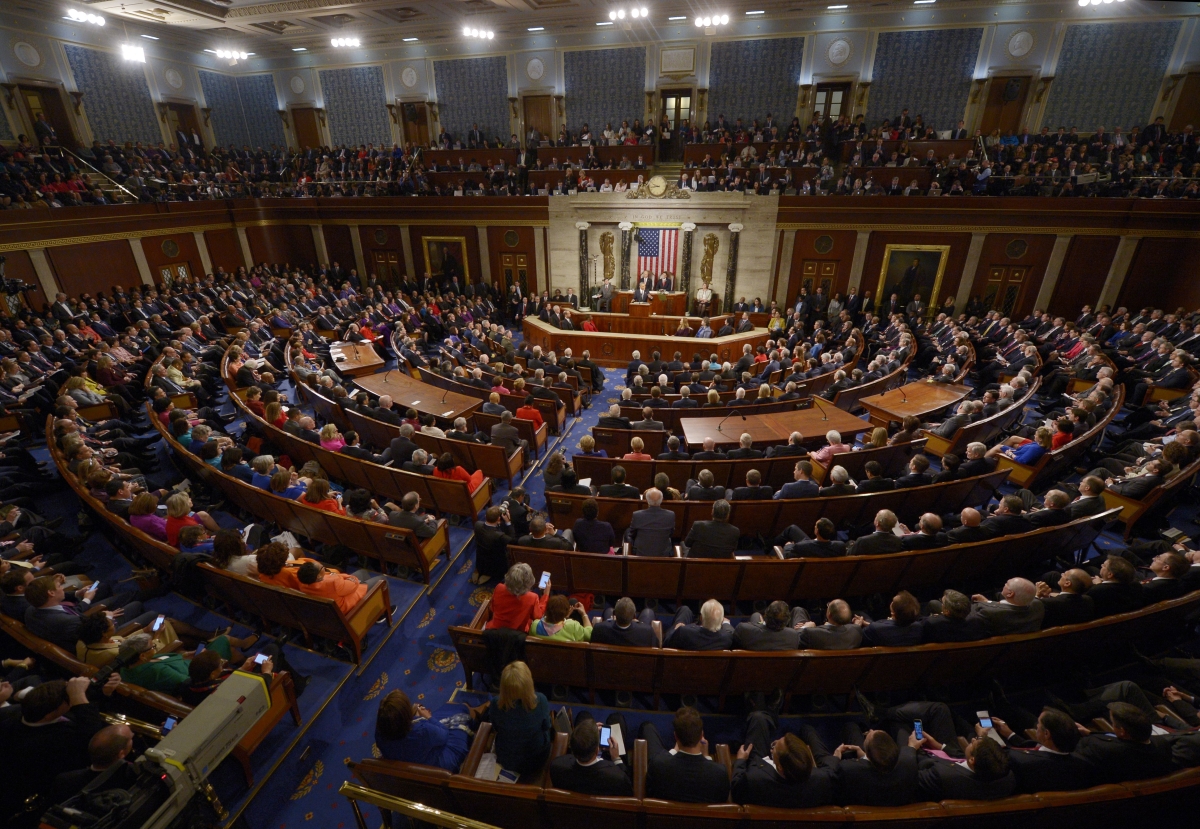The U.S.-ASEAN Partnership in the Indo-Pacific
Lindsey Ford in The National Bureau of Asian Research

(SAUL LOEB/AFP/Getty Images)
On February 19, ASPI Director of Political Security Affairs Lindsey Ford penned a brief for the National Bureau of Asian Research's series, Key U.S. Policy Issues in the Indo-Pacific for the 116th Congress. Experts Frank Januzzi, Walter Lohman, and Francisco Bencosme also contributed briefs.
In her briefing, Ford details ongoing diplomatic efforts in the Indo-Pacific and outlines four troubling trends in the region: rising repression and authoritarian tendencies, wavering confidence in U.S. leadership, ASEAN disunity, and differing strategic priorities. Ford asserts that the primary challenge for U.S. policymakers and the 116th Congress will be to sustain U.S. engagement and leadership in the region given the emerging trends. Her recommendations for the 116th Congress are aimed at increasing U.S. engagement in the Indo-Pacific for strategic and economic reasons. The recommendations include:
- Call upon the administration to publicly articulate a Southeast Asia strategy and nominate a U.S. ambassador to ASEAN.
- Support the recently passed Asia Reassurance Initiative Act, which seeks to develop a long-term strategic vision for the United States in the Indo-Pacific.
- Enhance funding for civil-society programs that strengthen judiciaries, improve press freedoms, create media literacy, and engage students.
- Take delegations to meet with regional leaders and participate in events such as the Shangri-La Dialogue, as well as encourage local officials to take trade and investment research trips.
